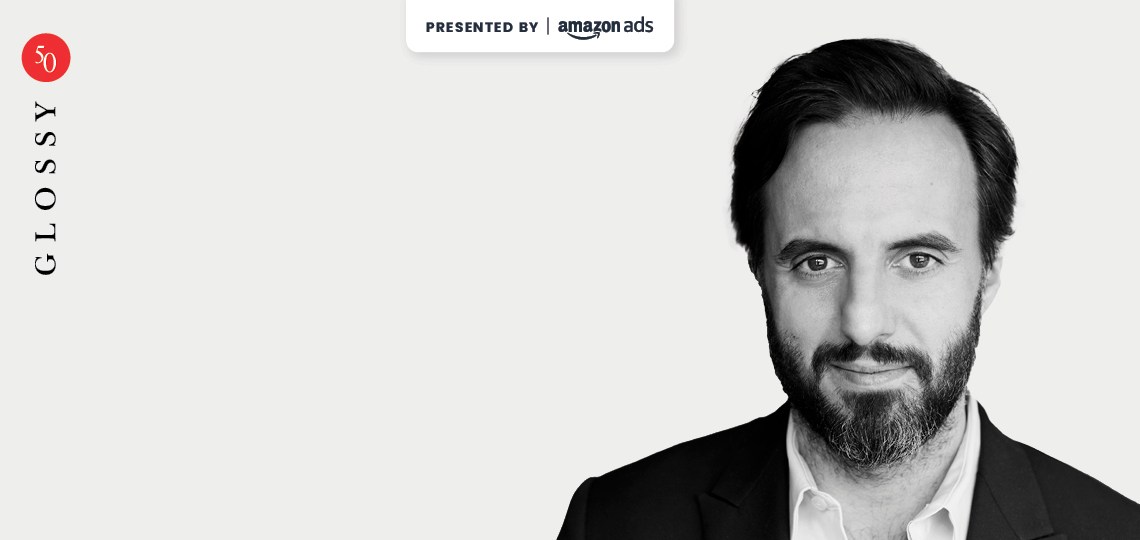The Glossy 50 honors the year’s biggest changemakers across fashion and beauty. More from the series →
The Dealmakers: The people making the industries’ most impactful deals
José Neves
Founder and CEO, Farfetch
Even among the many luxury fashion companies that have seen success in the past year, Farfetch’s evolution has been exceptional. The company has grown to over $2 billion in revenue, expanded from fashion into beauty, struck up a joint venture with Alibaba and announced a deal with Yoox Net-a-Porter. The company has also begun powering the e-commerce and digital efforts for luxury brands, including Brunello Cucinelli and other Richemont brands, behind the scenes.
But Farfetch founder José Neves said it’s important that the company stay focused and grounded.
“We remain steadfast that luxury is a resilient industry, and given our differentiated proposition and platform capabilities, we believe we are well-positioned to deliver sustainable long-term growth,” he said. “There is a lot to do and a lot of growth to go for and, while we have our eyes on our North Star, our feet are firmly on the ground.”
In April, Farfetch extended its reach beyond fashion by launching Farfetch Beauty with over 100 brands, including big names like Olaplex and La Mer. For Neves, this was an important step in his goal of making Farfetch a one-stop shop for all luxury needs.
“This launch broadens our reach to an estimated $70 billion segment of the personal luxury goods market,” he said. “It enables brands to operate across multiple channels through an e-concession or wholesale model through Browns and Violet Grey, giving us access to smaller independent brands. This combined model is a significant differentiator for us, as we are the only global destination partnering with beauty brands through an e-concession model.”
Ad position: web_incontent_pos1
Neves’s next big priority is YNAP. The deal valued the company at around $1 billion, down from $5 billion in 2018, after several years of YNAP losing money for its parent company, Richemont. YNAP’s major problem through the pandemic’s early years came from outdated technology that left the company unable to ship orders for months on end, leading the company to issue an apologetic promo code — SORRY10 for 10% off — to customers. As part of the deal, YNAP is switching from its traditional digital wholesale model to a hybrid business model using Farfetch’s behind-the-scenes technology.
“In the years to come, and upon YNAP’s successful transformation which we expect will return the business to profitability, we are excited about the possibility of consolidating them under the Farfetch Group [and our portfolio] of different businesses benefitting both sellers and customers globally,” Neves said.
Click here to see all 2022 Glossy 50 honorees.




